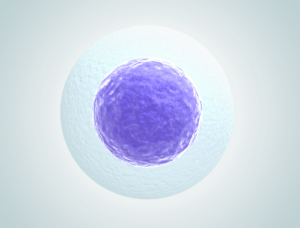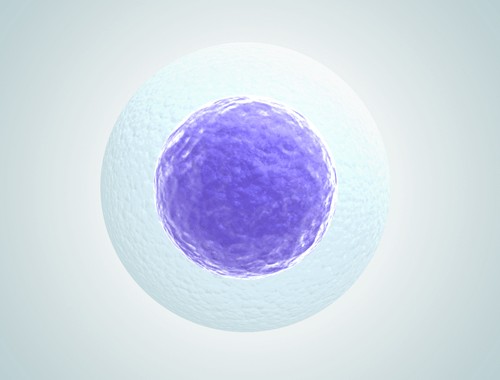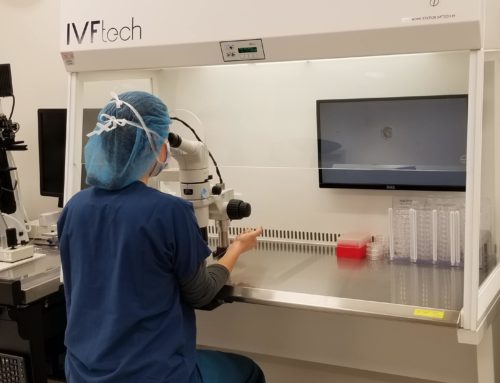One 35-year-old Woman’s Narrative On Seeking Motherhood by Using a Surrogate
By: Carolyn Dooley Apr 29, 2015

After several months of trying, my OB/GYN reluctantly ran tests to put my mind at ease since it was more than six months since the last pregnancy. Shortly after, I found out that I was pregnant again, but some of the test results had shown that I had a positive ANA. “What does that mean?” I asked the doctor. “Could that have been the cause of my last miscarriage?” “Possibly,” he said, “but you should have it checked out.”
What Does a Positive ANA Mean?
I started scouring the Internet, reading every article, post and blog that I could find regarding positive ANA and its correlation to miscarriage. I learned that it could lead to problems and that there were doctors, called reproductive immunologists, who specialized in immune-related miscarriages. By chance, one of the most well-known reproductive immunologists in the United States had an office 15 minutes from my home. I quickly called the office and was told that it would be a couple of months before I could get an appointment. When I told them I was pregnant and concerned about waiting that long, they told me to come in the next day.
Over twenty vials of blood were drawn to run a battery of tests. Early ultrasounds were positive. A couple of weeks later, we received the results of the testing. The doctor told us that there could be some difficulties sustaining this pregnancy, especially without the medical interventions of prednisone and blood thinners, which I had already begun.
The doctor’s theory was that my husband’s and my genetics were so similar that our embryo’s genetics would be almost identical to my own, with only a slight variation. That meant that my body was attacking my embryo as if it were a cancer cell, and because my body did not recognize the pregnancy, it was not making the necessary changes needed to support the pregnancy.
I was alone at my 10-week appointment when I heard the words, “I’m sorry, I don’t see a heartbeat.” I was in shock. I knew rationally that the doctor was telling me the blood flow to my embryo was not promising the past couple of visits, but how could this be? I was doing everything he told me, taking pills, giving myself two injections a day in my stomach. At that point I was still naïve and optimistic.
Did the doctor know that this was going to happen? Why was the nurse in the room for the first time during this visit? As I sobbed leaving his office, I called my husband who left work to meet me in the parking lot. My world started crashing. My worst fears were coming true: I was experiencing fertility issues.
This article was originally published online at: http://www.harpersbazaar.com/culture/features/a10726/why-i-chose-a-surrogate/
RSMC is a full service fertility center and can arrange surrogacy services along with all medical reproductive services.






















